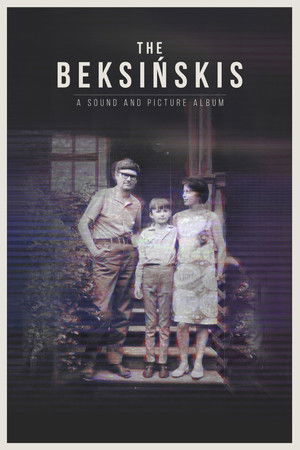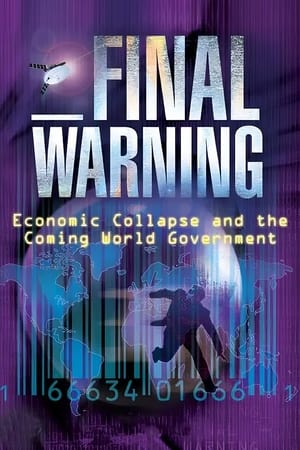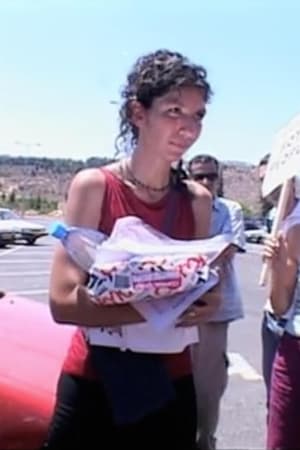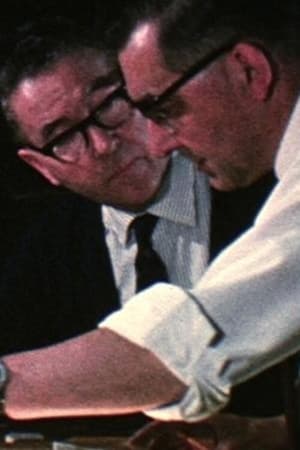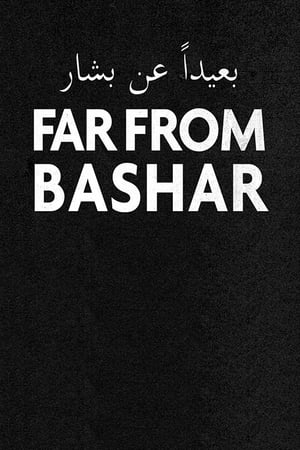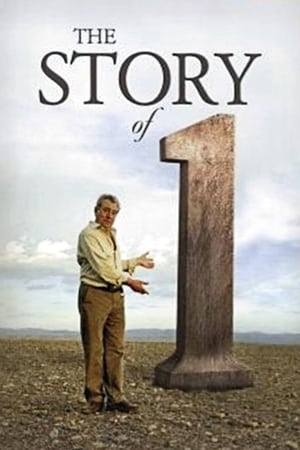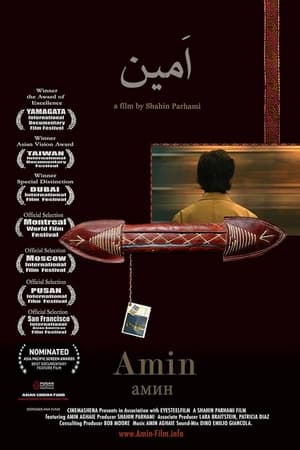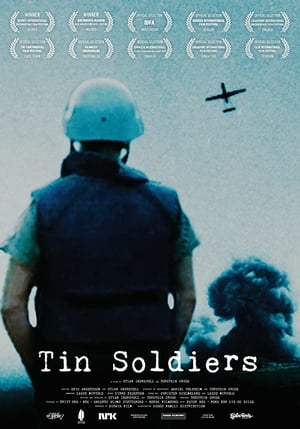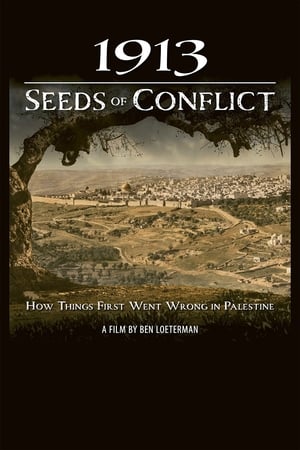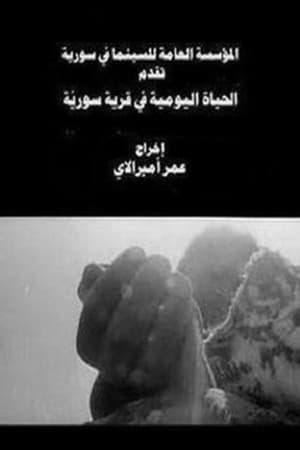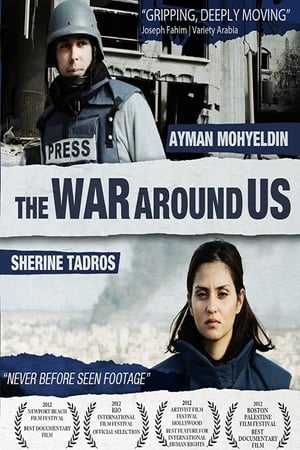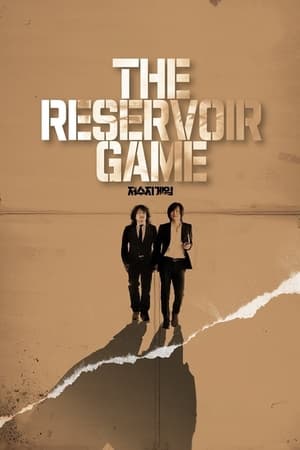Overview
This fast-paced documentary follows Canadian freelance reporter Jesse Rosenfeld’s journey across the Middle East. Having made the region the focus of his work, he shows us the thorny geopolitical realities on the ground and explores how journalism practices have changed in the age of the Internet. From Egypt to Turkey and Iraq by way of Israel and Palestine, filmmaker Santiago Bertolino captures the ups and downs of a new kind of journalism in action.

 English
English
 0
0
 2017
2017
 Canada
Canada




